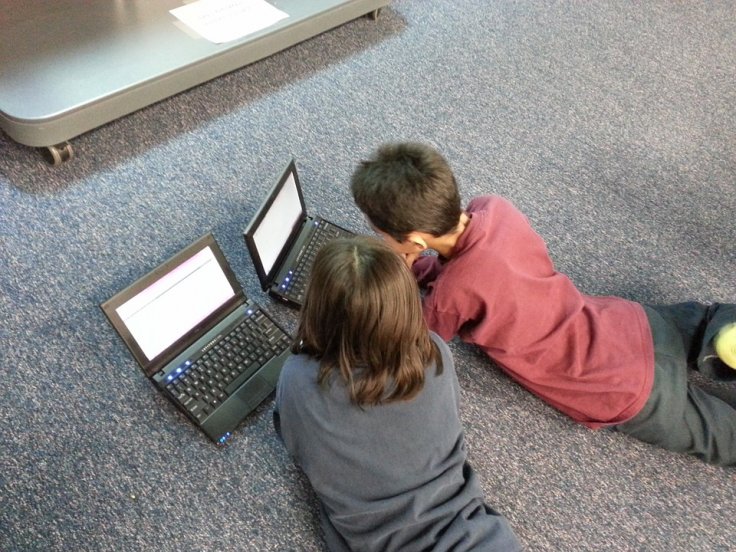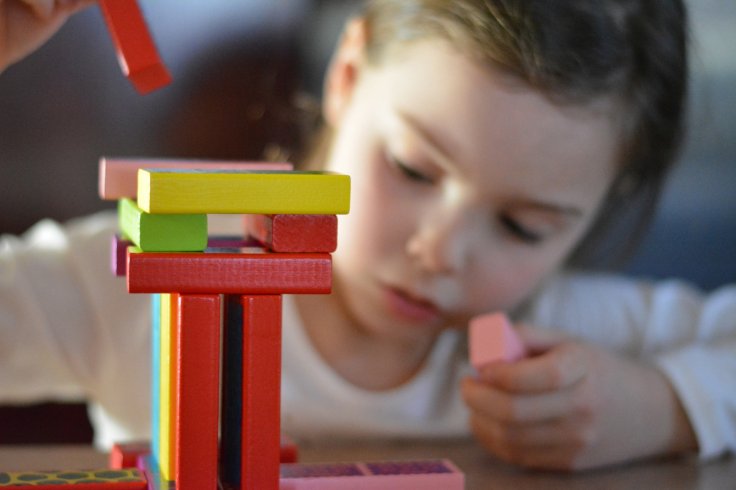Sounding the alarm on one of the biggest threats to the well being of teenagers across the world, a new study said that the use of social media increases eating disorders and body image issues in adolescents. Conducted by researchers from Flinders University and the University of Western Australia, the study examined the relationship between disordered eating behaviors in adolescents with specific social media platforms.
Involving a sample size of 996 Grade 7 and 8 adolescents, data was collected through the use of questionnaires and assessment of the use of social media platforms-- Instagram, Facebook, Tumblr and Snapchat. The study found that 69.9% of boys and 75.4% of girls had at least one social media account, with Instagram being the most popular platform among them.
Despite the recommended minimum age for these platforms being 13 years, half the population of covered in the survey aged below 13, had social media accounts. Gender wise, 45% of the boys and 51.7% of girls are found to be facing behavioral problems and associated with disordered eating. Most common was skipping the meal.

More social media accounts lead to increased exposure
Simon Wilksch, a Senior Research Fellow in Psychology at Flinders University and lead author of the study, noted that higher the number of social media accounts that an adolescent had, the longer they spent time on them, and this was liked to an increased likelihood of disordered eating thoughts and behaviors among them. He believes that the findings point out that social media is causing youngsters to strongly focus on their appearance and how it is perceived or judged by others.
"To find these clear associations between disordered eating and social media use in young adolescent girls and boys suggests that much more needs to be done to increase resilience in young people to become less adversely impacted by social media pressures," said Wilksch. According to Wilksch, stressing on the message that one's self-worth is determined by a mix of values, abilities and relationships is an integral part in preventing eating disorders in teens.

Effects of social media on youngsters
Use of social media affects pre-teens, teenagers and young adults in more than one way and it has been well-known for over a decade and many studies in the past too focused on this precarious development affecting the teens and youngsters.
A study by the University of Essex and University College London found a link between time spent on social media among the UK girls in their early adolescence (age 10) and lower well-being in later adolescence (ages 10-15). The study found that the usage of social media was higher in adolescent girls, while there was a marked increase in the time spent on social media in both the sexes with age.
Another study by scientists from CHU Sainte-Justine and Université de Montréal published in JAMA Pediatrics in 2019 showed that the use of social media and television viewing were linked to an increase in depressive symptoms among adolescents.
In 2016, Canadian researchers studied 118 undergraduate female students about the effects that the engagement on social media with attractive female peers had on a young adult woman's body image. Findings suggested that increased comparison of appearance on social media may promote increased body image concerns among them.









